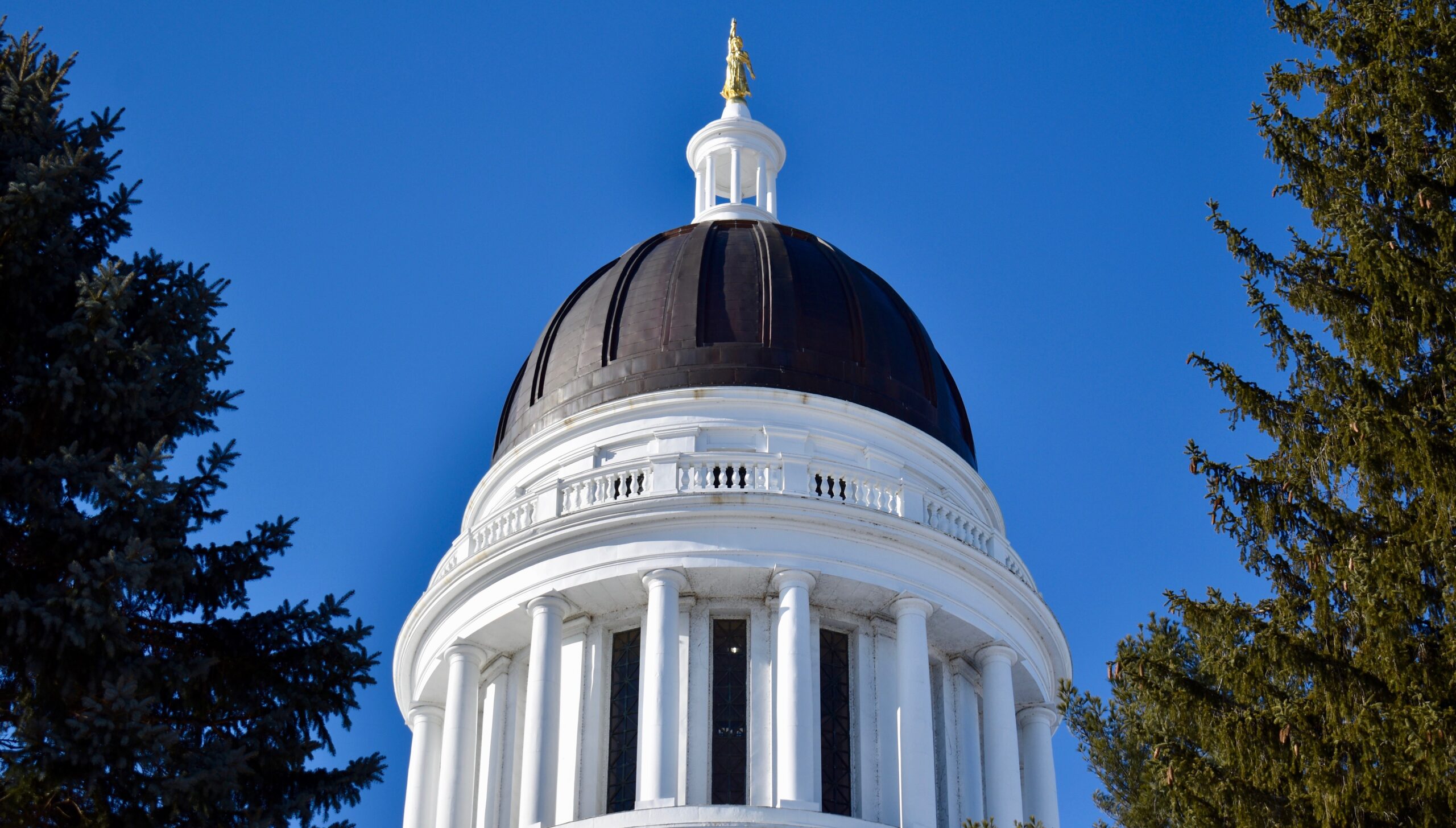Nearly a dozen of the state’s top environmental groups turned out at a legislative hearing Thursday to urge the state to revive its plan to help Maine adapt to a changing climate.

Testifying before the Legislature’s Committee on Environment and Natural Resources, representatives of groups ranging from the Nature Conservancy to the University of Maine’s Climate Change Institute asked that the state resume work on the report designed to help guide Maine through its looming climate change challenges.
The effects, according to a University of Maine study, will likely include more rain rather than snow, more storms that damage beaches and coastal structures and other changes to Maine the way residents and visitors have known it for centuries.
The study concluded the rising temperatures in Maine threaten everything from tourism to farming to forestry and that the state needs to plan for those changes.
Efforts to develop a climate change adaptation plan were halted by the LePage administration in 2011.
Patricia Aho, commissioner of the Department of Environmental Protection, the agency that produced the 2010 report that contained initial recommendations, told the panel that the DEP could resume the effort if told to do so — but only at a certain cost.
The department would need to hire at least two full-time staff, she said in her testimony; set aside enough funds to work with stakeholders (the initial study had 75); and be able to buy the data it would need to pull together a final report.
Supporters of the bill argued that the situation is urgent.
“This is one of the biggest threats to the future of our children, our grandchildren and our great-grandchildren,” declared Rep. Paul McGowan, D-York, a co-sponsor of the bill.
“We want the state to step back into the role of leader on climate change issues,” said Sean Mahoney, of the Conservation Law Foundation, before he spoke to the panel. He said the state’s involvement was needed to coordinate the work of agencies at all levels, develop uniform policies and identify good solutions that could meet local needs.
Legislators on the committee said they were worried there wouldn’t be enough money to pay for reviving the planning effort. But Ivan Fernandez, a University of Maine professor and part of its Climate Change Institute, pointed out that the bill “is not a call for massive funding.” The state stands to gain from a renewed initiative, Fernandez said: coordination will produce efficiency; better connections among parts of the state’s economy and its people; and increases the possibility for future federal funds.
The climate change bill, LD 825, was submitted by freshman Rep. William Noon, D-Sanford, last January in response to a Maine Center for Public Interest Reporting story that appeared last November, outlining the state’s retreat from creating a climate-adaptation plan.
That effort began in 2009, when Gov. John Baldacci accepted a climate study of Maine done by the Climate Change Institute of the University of Maine. The report surveyed the likely effects of gradual warming, rising sea levels and the resulting intensification of storms.
At Baldacci’s request, the state legislature authorized the DEP to begin studying what the state could do about meeting these challenges, and a report was submitted to the legislature in early 2010. With input from stakeholders — businesses, groups and state agencies whose future will be affected by these climate trends — DEP staff outlined 60 recommendations for action. It also called for a final report with more detailed recommendations and cost estimates.
After the election of LePage, however, the state halted action on the second report. LePage administration officials said they simply wanted to “change the focus dramatically” in the DEP in order to better serve the interests of Maine. The first report was removed from the state’s web site for a time in 2012, but was later restored.






